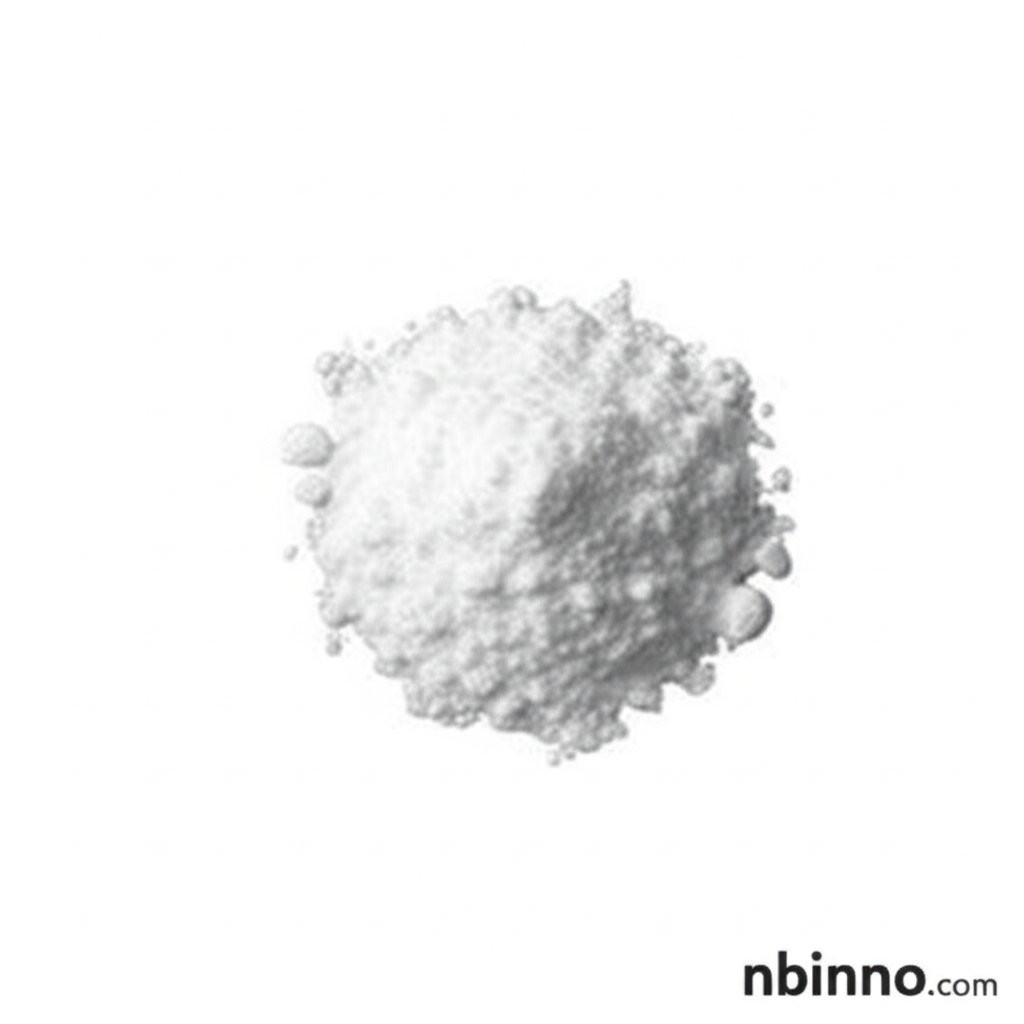Understanding Peptide YY (3-36) Human: A Focus on Appetite Regulation and Obesity Treatment
Explore the role of Peptide YY (3-36) in controlling appetite and its potential for obesity management.
Get a Quote & SampleProduct Core Value

Peptide YY (3-36) (human)
Peptide YY (3-36) (human) is a critical peptide involved in the complex regulation of appetite control. It exerts its effects by interacting with specific Y2 receptors located within the hypothalamic arcuate nucleus (ARC), a key brain region responsible for managing food intake. This interaction makes it a promising agent for the therapeutic management of obesity.
- The significance of peptide yy 3-36 human appetite control is rooted in its hormonal signaling pathways.
- Research into peptide yy 3-36 hypothalamic arcuate nucleus interactions reveals its mechanism in satiety signaling.
- Exploring peptide yy 3-36 obesity treatment potential highlights its role in developing new therapeutic strategies.
- Understanding peptide yy 3-36 y2 receptor agonist activity is crucial for its pharmaceutical development.
Key Advantages
Enhanced Satiety Signaling
This peptide yy 3-36 satiety regulation mechanism helps individuals feel fuller for longer, aiding in calorie intake reduction.
Hypothalamic Action
Its precise action within the peptide yy 3-36 hypothalamic arcuate nucleus demonstrates targeted efficacy in regulating feeding behaviors.
Obesity Therapeutic Potential
The promise of peptide yy 3-36 obesity treatment stems from its ability to influence metabolic and hormonal pathways related to weight management.
Key Applications
Appetite Regulation
Understanding peptide yy 3-36 human appetite control mechanisms provides insights into managing eating behaviors and reducing overall food consumption.
Obesity Management
The potential of peptide yy 3-36 obesity treatment marks it as a significant molecule in the pharmaceutical development for weight loss solutions.
Neurological Research
Investigating peptide yy 3-36 y2 receptor agonist properties contributes to a deeper understanding of neuroendocrine signaling and its impact on metabolism.
Metabolic Health
The compound's role in peptide yy 3-36 satiety regulation offers avenues for improving metabolic health through hormonal intervention.
